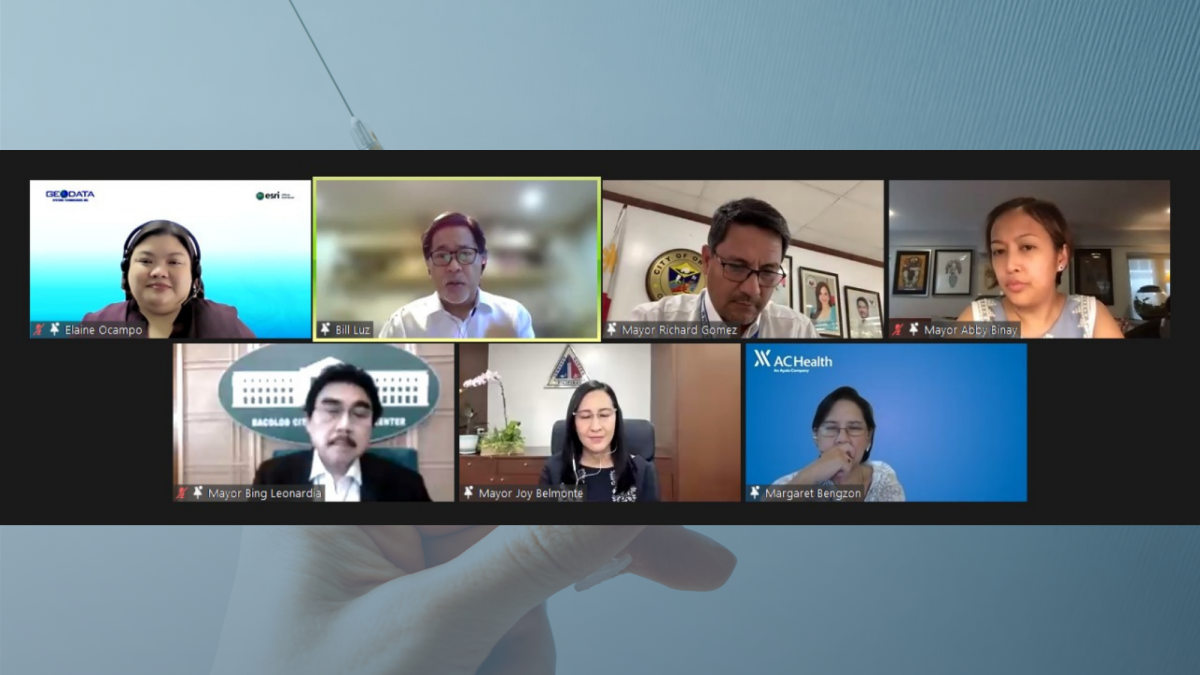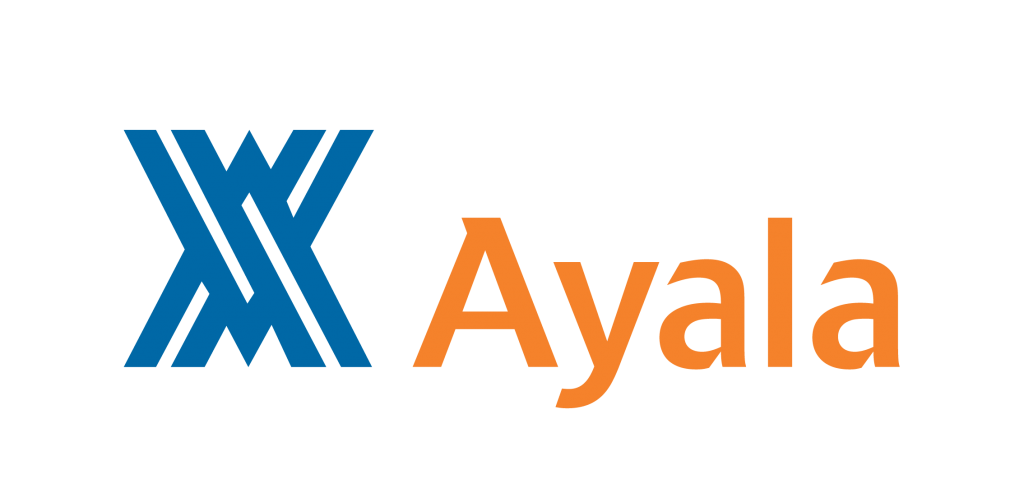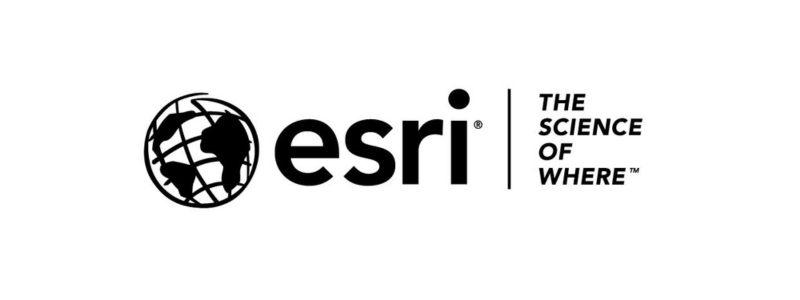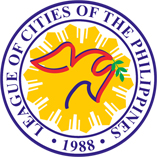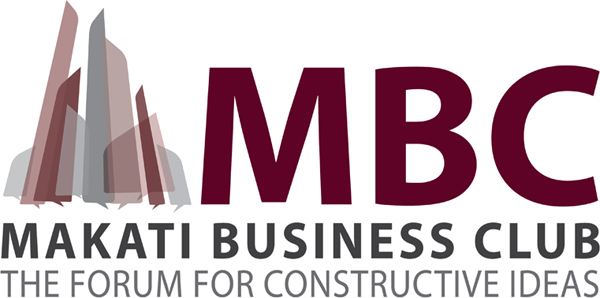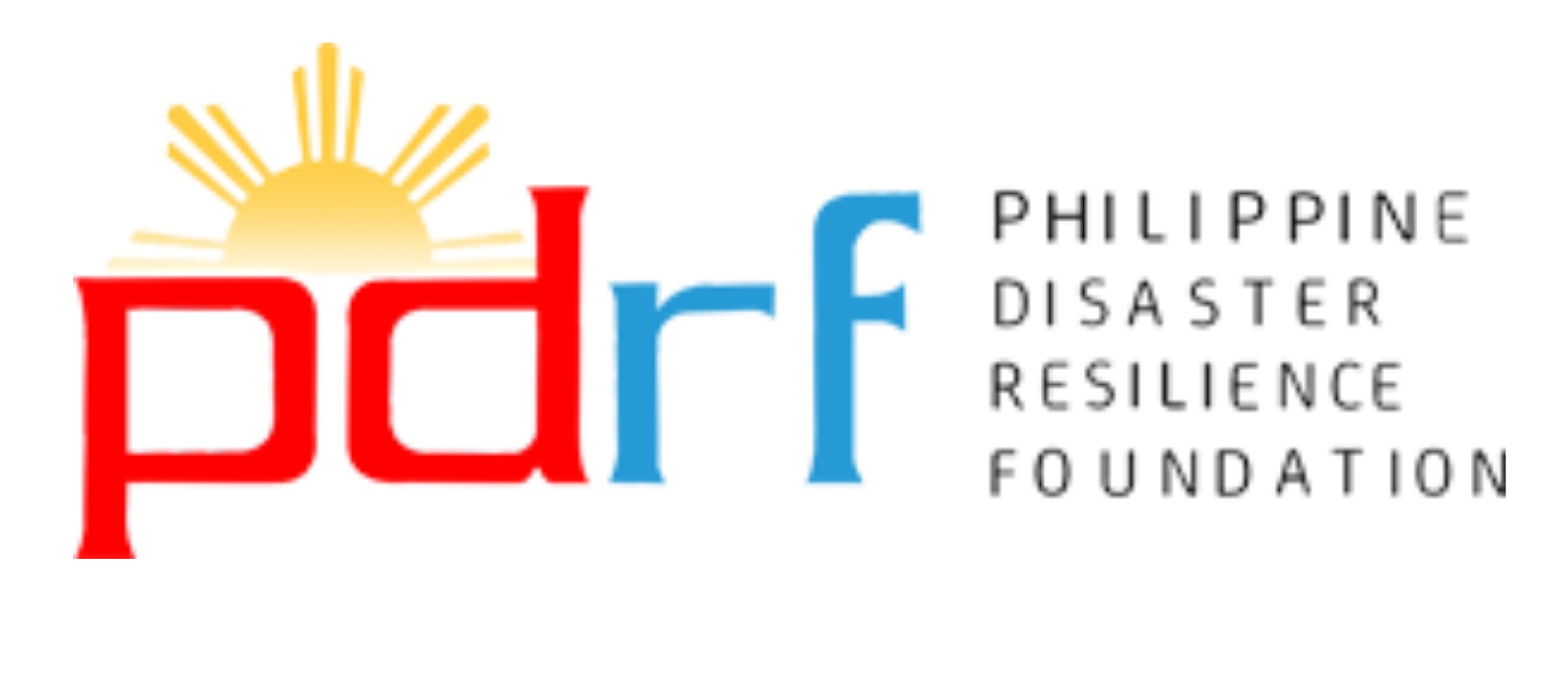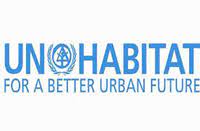Liveable cities
Local chief executives in Metro Manila and in the provinces bared their respective COVID-19 vaccination plans on Wednesday, highlighting the importance of the local governments' preparedness to be able to convince their constituents to be inoculated against the coronavirus.
Bacolod City Mayor Bing Leonardia said a COVID-19 vaccination council was created in December last year by the city government, among the first LGUs to create such body. Leonardia said that out of Bacolod’s population of 624,987, the city government aims to vaccinate 424,992 or 68%. Their budget for the program is P300 million. Some 650,000 sure doses of AstraZeneca's COVID-19 vaccine can cover 325,000 individuals or 76% of the target population. The rest will have to wait for another batch of vaccine allocation. “The down payment was done last Monday that came about after Malacañang allowed us to make that down payment,” Leonardia said. He said the city is heavily dependent on private-public partnership as volunteers would complement the needed vaccination manpower. They aim to vaccinate 13,500 residents per day in the 27 vaccination centers, or up to 20,000 per day if 40 centers are mobilized. “We have established direction towards this," he said. Barangay registration, as well as a vaccine education program, are ongoing in the city.
Bacolod City's cold chain facility is also in place, Leonardia said — a 30 sqm cold room, 1 unit of ultra cold storage good for 80,000 doses and portable vaccine storage of 25 units that would be good for 1.6 million doses. “Last February 11, we delivered our vaccination plan. And yesterday (February 23), we were informed by DOH that our vaccination plan is okay. We are set to go ahead with our vaccination plan,” according to the mayor. Leonardia said they are active in their campaign against COVID-19 despite registering 0 new cases recently. Losing 190 people to the virus, however, was not something to be taken lightly, according to the mayor.
In Quezon City, “QC Protektado sa Bakunang Sigurado” is in place, with pre-vaccination phase starting as early as December 3, said Mayor Joy Belmonte. There are 1,066,000 priority individuals in the city, including frontline workers in health facilities, senior citizens, persons with comorbidities, other essential workers and the indigent population. Both Quezon City and Makati City have ID systems in place that were previously created to monitor the delivery of services to residents during the pandemic. This would now be used to create a master list of individuals to be vaccinated.
“Anyone who lives in Quezon City, regardless if they are voters or not, can avail of the Quezon City ID. You can get a QC resident ID or a non-resident ID. Non-resident ID are for those working for and /or studying because we believe that anyone who contributes to the well-being of the progress and development of our city can and should be vaccinated in our city,” Belmonte said. There is an ongoing vaccine confidence campaign as well to encourage more people to receive the shots. “Since we have started, we have started about 160,000 registries on the master list and we are giving ourselves 6 months, considering the size and scope of the city,” she said. Quezon City partnered with Zuellig Pharma for vaccine handling and rollout. Zuellig will be the one to provide cold storage to Quezon City, but the city will invest on storage when the supplies arrive in vaccination centers. A total of 1.1 million doses of AstraZeneca's COVID-19 vaccine is being targeted, for a budget of P5 billion, but only more than 500,000 doses have been committed to the city. “We are still in the process of negotiating with other pharmaceuticals,” Belmonte said. Talks with dioceses are also underway to tap on parishes to serve as additional inoculation areas aside from the already-set 24 sites. The city has also partnered with hospitals for manpower needs. About 1,200 personnel will be mobilized per an 8 hour shift to conduct vaccinations. “The Ateneo offered to become our mega-vaccination center,” Belmonte said. In Quezon City, she pointed out, they have to vaccinate 1.6 million in 6 to 8 months. Some 80% of its residents are above 15 years old, she noted. For the post-vaccination stage, there will be monitoring of people vaccinated. QC hotline 122 can be utilized for queries pertaining to the vaccine, and barangay health and other trained workers will monitor and can conduct home visits. “Every patient will receive a message to tell them when, where, and what time they will be vaccinated... Our goal is to achieve a herd immunity, which is 80% of our population,” Belmonte said. “Most of the people who are undecided or do not want are because they are just afraid, they lack information. That's why our communications plan at present is tailor-fitted to answer the fear of our people,” she added.
Meanwhile, in Makati City, Mayor Abby Binay said that an initial budget of P1.6 billion has been allotted for its vaccination program, which will also cover business owners and their employees working in the city. “This program is our way of helping our economic frontliners,” Binay said. The city will have 32 vaccination sites and 104 vaccination teams. An estimated 500,000 will be vaccinated. Makati firms' employees included in free vaccination program: mayor “We have converted the Makati Coliseum into a mega-vaccination site,” Binay said. There is online registration for Bakuna Makati. Screening and counseling will be done online. The Makatizens ID system will be the city’s database in creating the vaccine recipients master list. The target is to have 11,000 people vaccinated daily, or totally cover the target population in a span of 60-90 days. “The registration also includes screening, so we can’t launch it too early because some are time-bound, like information of latest vaccine administered, etcetera,” Binay said. “In 2017, we have launched our Makatizens card. So we already have our database plus our voters records. So, we are backtracking for our master list, how many will register,” she added.
Mayor Richard Gomez of Ormoc City said that vaccine access can be challenging in his area of responsibility because while it has a relatively small population, its land area is similar to the size of Metro Manila.
The estimated number of people to be vaccinated in the city is 131,879, out of the city’s more than 240,000 population. They will be divided in 6 districts and would be inoculated through the city's 80 vaccination sites.
Gomez said they would rely on private-public partnership for the vaccination drive, which they target to complete in 14 days. A private company will handle the logistics for vaccines in Ormoc City. “Our main storage will be at the Ormoc City Superdome,” Gomez said. Plans are also in place to convince others who are not yet decided to be vaccinated, as well as for proper disposal of the vaccination waste. "For the succeeding year, we have set aside budget to make vaccination free since our population is not that big," Gomez said. “Since the pandemic started, we have created our QR code system. Anywhere in Ormoc that you go, we supplied about 9,000 plus scanners all over the city. It’s an all-in-one thing. Our COVID registration is here. We are more than 90% done with our registration. We are just waiting for the questionnaires from the Department of Health,” he said. “Those who were not able to register in our QR code system, their barangay workers will go to do house-to-house to get them registered,” he added.
Meanwhile, Margaret Bengzon, Senior Health Consultant of the Ayala Healthcare Holdings, Inc. (AC Health), said the private sector is already augmenting the needs of local government units. Bengzon said the benefits of public-private partnership are "accelerated execution, reduced financial burden, getting more lives saved and leading the faster recovery of economic forces." “The Ayala Group and other private sector partners have been supporting the National Vaccine Deployment Program across various workstreams. IT systems, funding & budget, legal/regulatory & policy, vaccine evaluation,” she said. “AC Health will augment the efforts of our local government hosts. We can deliver as close to an end-to-end vaccination program,” she added. Malacañang said on Thursday that the Philippines would get its first batch of COVID-19 vaccines this weekend, courtesy of China's donation of 600,000 doses from Sinovac. The Philippines, which has Southeast Asia's second-highest COVID-19 cases, has lagged behind its regional neighbors in launching its vaccination drive.
The government aims to vaccinate up to 70 million or two-thirds of the population this year.
